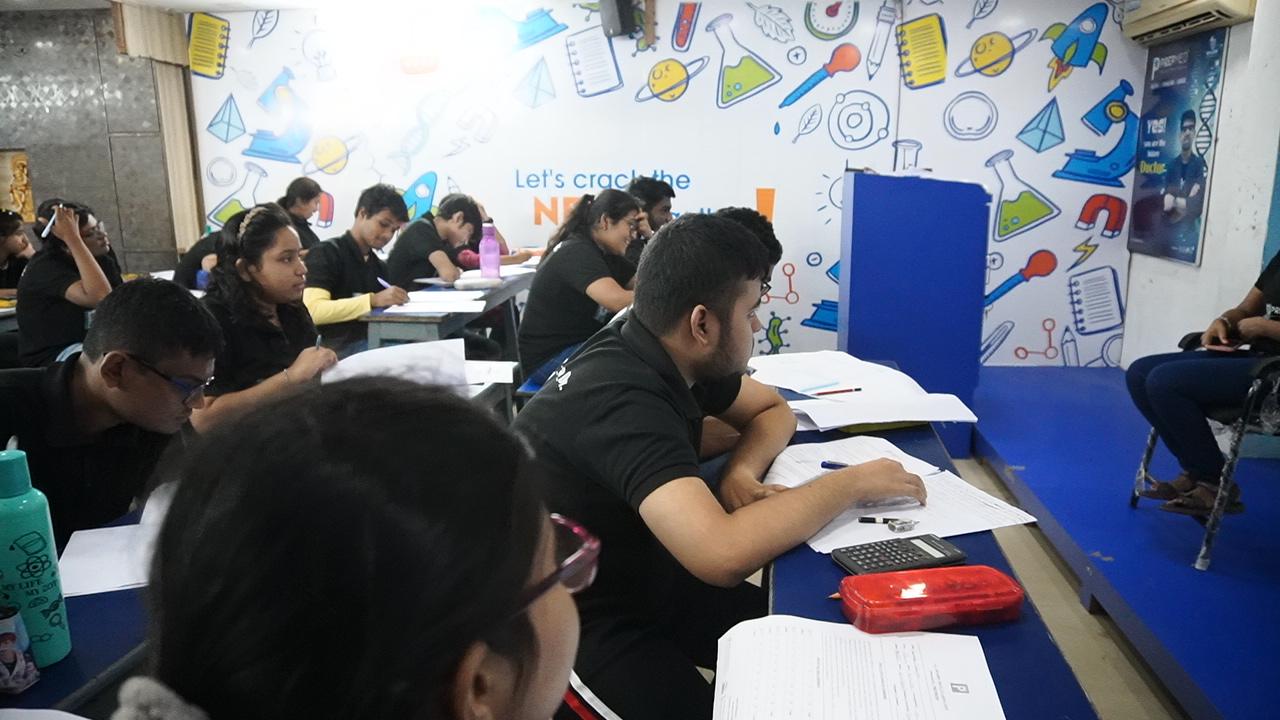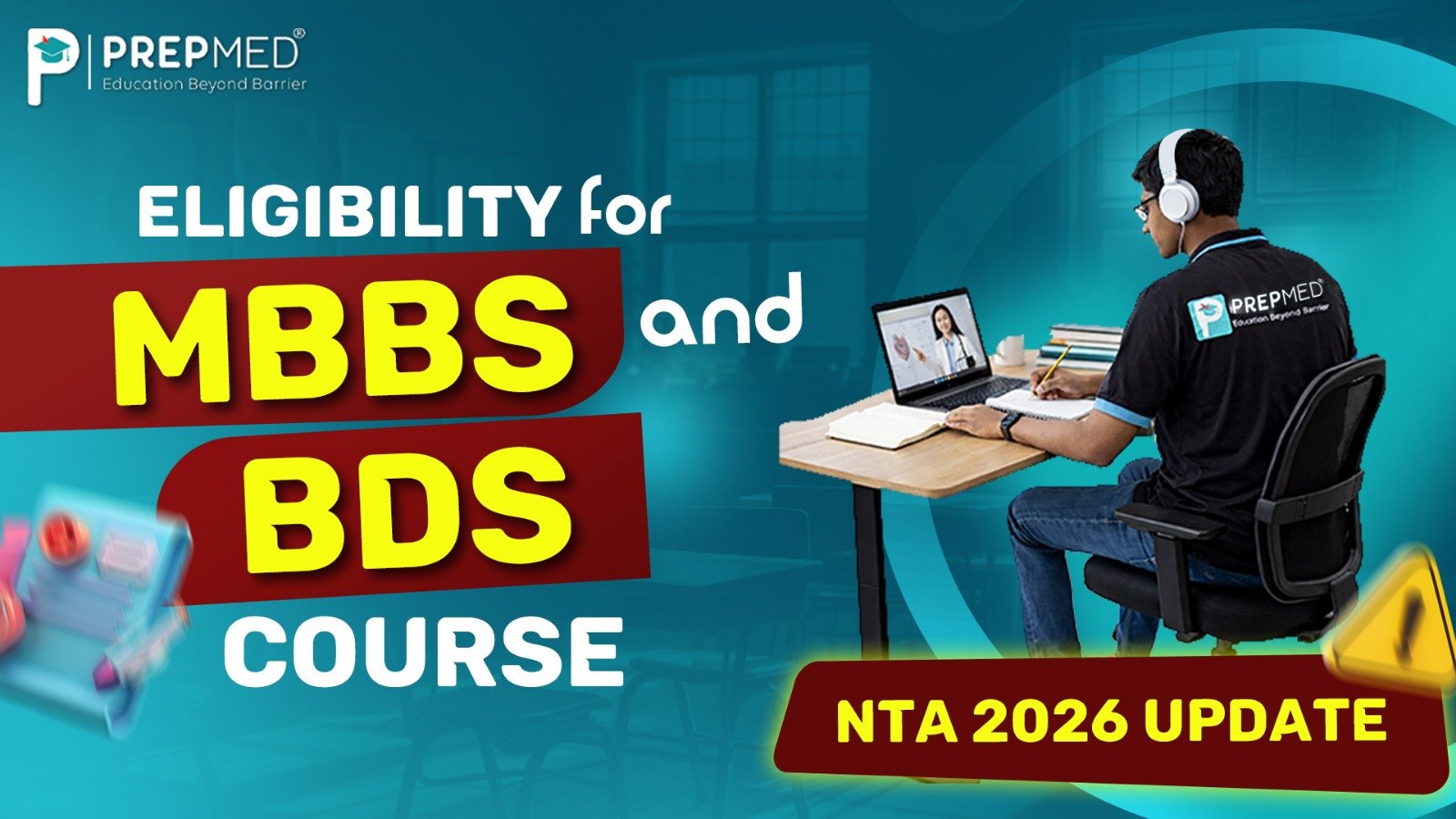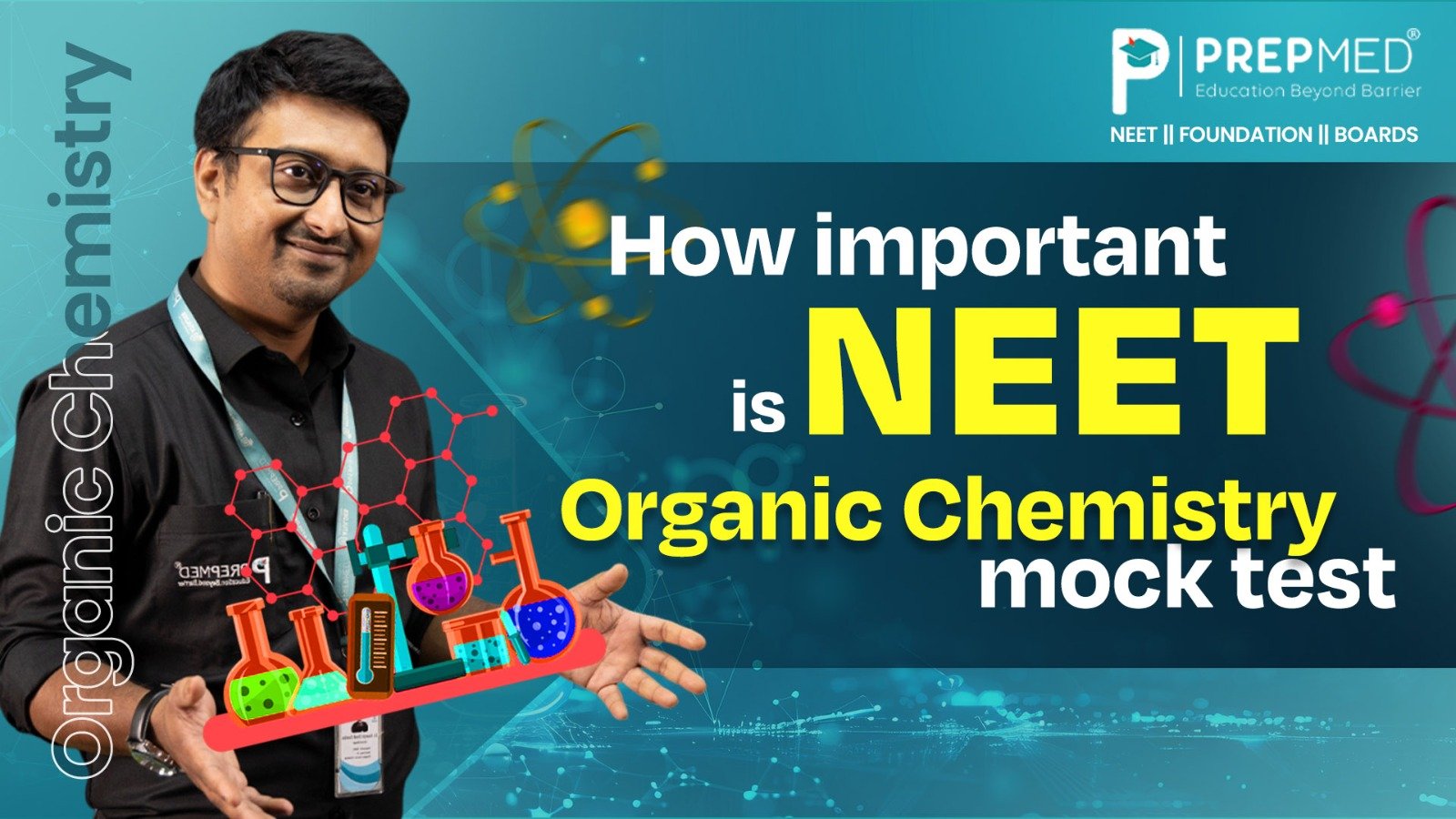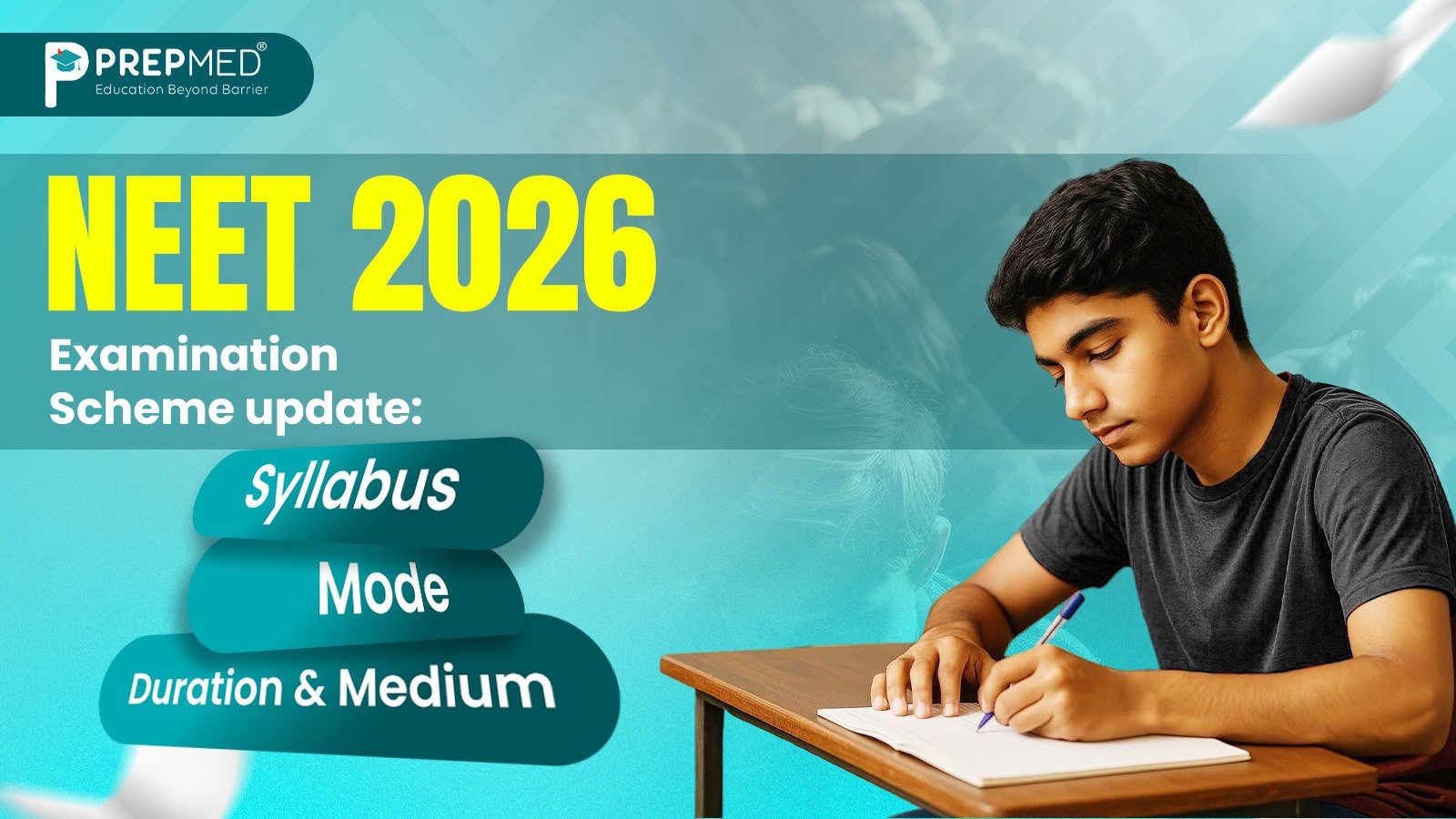September 02, 2024
NEET Exam pattern & syllabus
The NEET (National Eligibility cum Entrance Test) is an extremely challenging competitive exam to pursue an undergraduate medical degree including MBBS, BDS, etc. This exam is conducted in India, allowing aspirants to study in reputed medical colleges. However, to effectively prepare for the exam, the NEET aspirants need to understand the exam pattern and the whole syllabus. The detailed overview of the exam is as follows:
NEET Exam Pattern 2025
- Mode of administration: Offline exam (Pen and Paper)
- Subject: Physics, Chemistry, Biology (Zoology & Botany)
- Question type: Multiple choice-question (MCQ)
- Question count: 200 in total (180 are compulsorily to be answered)
- Sections: Every subject has 2 sections containing 50 questions each, where the NEET aspirants have to answer 45 questions in each section.
- Total marks: 720 marks (+4 for every correct answer, -1 for every wrong answer)
- Duration: 3 hours 20 minutes
- Language: Apart from English and Hindi, the NEET exam is conducted in various regional languages.
Syllabus:
The syllabus for the NEET exam is developed based on the topics of NCERT books of standards 11 and 12. The subjects are Physics, Chemistry, and Biology including Zoology and Botany. The details of the NEET syllabus are as follows.
1. Physics
- Class 11:
- Physical world and measurement
- Kinematics
- Laws of Motion
- Work, Energy, and Power
- Motion of System of Particles and Rigid Body
- Gravitation
- Properties of Bulk Matter
- Thermodynamics
- The behavior of Perfect Gas and Kinetic Theory
- Oscillations and Waves
- Class 12:
- Electrostatics
- Current Electricity
- Magnetic Effects of Current and Magnetism
- Electromagnetic Induction and Alternating Currents
- Electromagnetic Waves
- Optics
- Dual Nature of Matter and Radiation
- Atoms and Nuclei
- Electronic Devices
2. Chemistry
- Class 11:
- Some Basic Concepts of Chemistry
- Structure of Atom
- Classification of Elements and Periodicity in Properties
- Chemical Bonding and Molecular Structure
- States of Matter: Gases and Liquids
- Thermodynamics
- Equilibrium
- Redox Reactions
- Hydrogen
- s-Block Element (Alkali and Alkaline earth metals)
- Some p-Block Elements
- Organic Chemistry - Some Basic Principles and Techniques
- Hydrocarbons
- Environmental Chemistry
- Class 12:
- Solid State
- Solutions
- Electrochemistry
- Chemical Kinetics
- Surface Chemistry
- General Principles and Processes of Isolation of Elements
- p-Block Elements
- d- and f-Block Elements
- Coordination Compounds
- Haloalkanes and Haloarenes
- Alcohols, Phenols, and Ethers
- Aldehydes, Ketones, and Carboxylic Acids
- Organic Compounds Containing Nitrogen
- Biomolecules
- Polymers
- Chemistry in Everyday Life
3. Biology
- Class 11:
- Diversity in the Living World
- Structural Organisation in Animals and Plants
- Cell Structure and Function
- Plant Physiology
- Human Physiology
- Class 12:
- Reproduction
- Genetics and Evolution
- Biology and Human Welfare
- Biotechnology and Its Applications
- Ecology and Environment
Additional tips to follow:
NCERT Books:
The NCERT books for the NEET exam serve as the foundational textbooks. Additionally, reference books can help support and cover the syllabus easily. By consulting professional coaching classes like PrepMed, NEET aspirants can access necessary study materials to boost their academic performance.
Test papers:

The role of mock tests and solving previous years' test papers is crucial for developing in-depth knowledge. Students can also assess their performance and improve their academic standing by identifying weak and strong areas. PrepMed facilitates proper preparation by conducting regular mock exams in a strict, timed environment.
Revision:

Constantly participating in regular NEET revision sessions improves efficiency and prepares students to handle challenges during NEET preparation. Frequent revision and doubt-clearing sessions, guided by PrepMed faculty, help students strengthen their knowledge base and perform well.
Time management:
Effective time management is key to a successful medical career. Students must develop techniques and skills to complete the full-length exam within the stipulated time. PrepMed teachers help NEET aspirants study diligently and manage their time accurately during exams, thus refining their skills and preparing them to master critical techniques.
For more details on PrepMed and to find the nearest coaching center, visit PrepMed’s official website
Follow Us - on Facebook /Instagram/ YouTube






